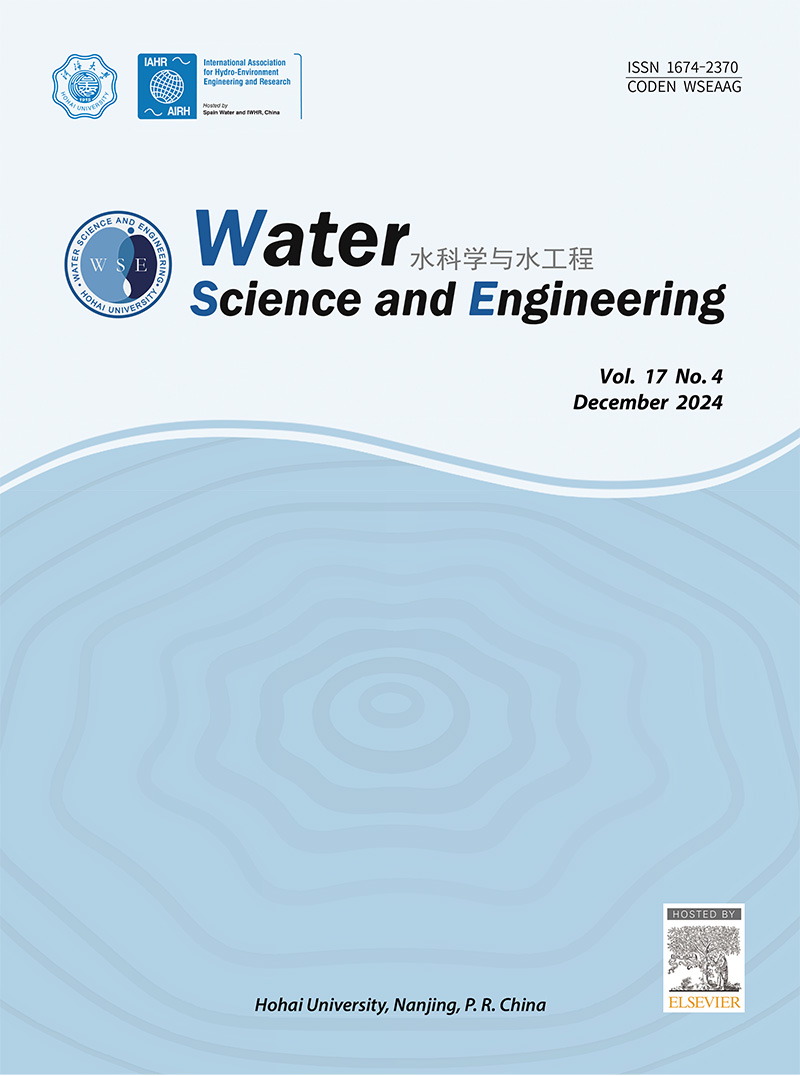Deformation prediction model of concrete face rockfill dams based on an improved random forest model
Abstract
The unique structure and complex deformation characteristics of concrete face rockfill dams (CFRDs) create safety monitoring challenges. This study developed an improved random forest (IRF) model for dam health monitoring modeling by replacing the decision tree in the random forest (RF) model with a novel M5' model tree algorithm. The factors affecting dam deformation were preliminarily selected using the statistical model, and the grey relational degree theory was utilized to reduce the dimensions of model input variables. Finally, a deformation prediction model of CFRDs was established using the IRF model. The ten-fold cross-validation method was used to quantitatively analyze the parameters affecting the IRF algorithm. The performance of the established model was verified using data from three specific measurement points on the Jishixia dam and compared with other dam deformation prediction models. At point ES-10, the performance evaluation indices of the IRF model were superior to those of the M5' model tree and RF models and the classical support vector regression (SVR) and back propagation (BP) neural network models, indicating the satisfactory performance of the IRF model. The IRF model also outperformed the SVR and BP models in settlement prediction at points ES2-8 and ES4-10, demonstrating its strong anti-interference and generalization capabilities. This study has developed a novel method for forecasting and analyzing dam settlements with practical significance. Moreover, the established IRF model can also provide guidance for modeling health monitoring of other structures.

 求助内容:
求助内容: 应助结果提醒方式:
应助结果提醒方式:


